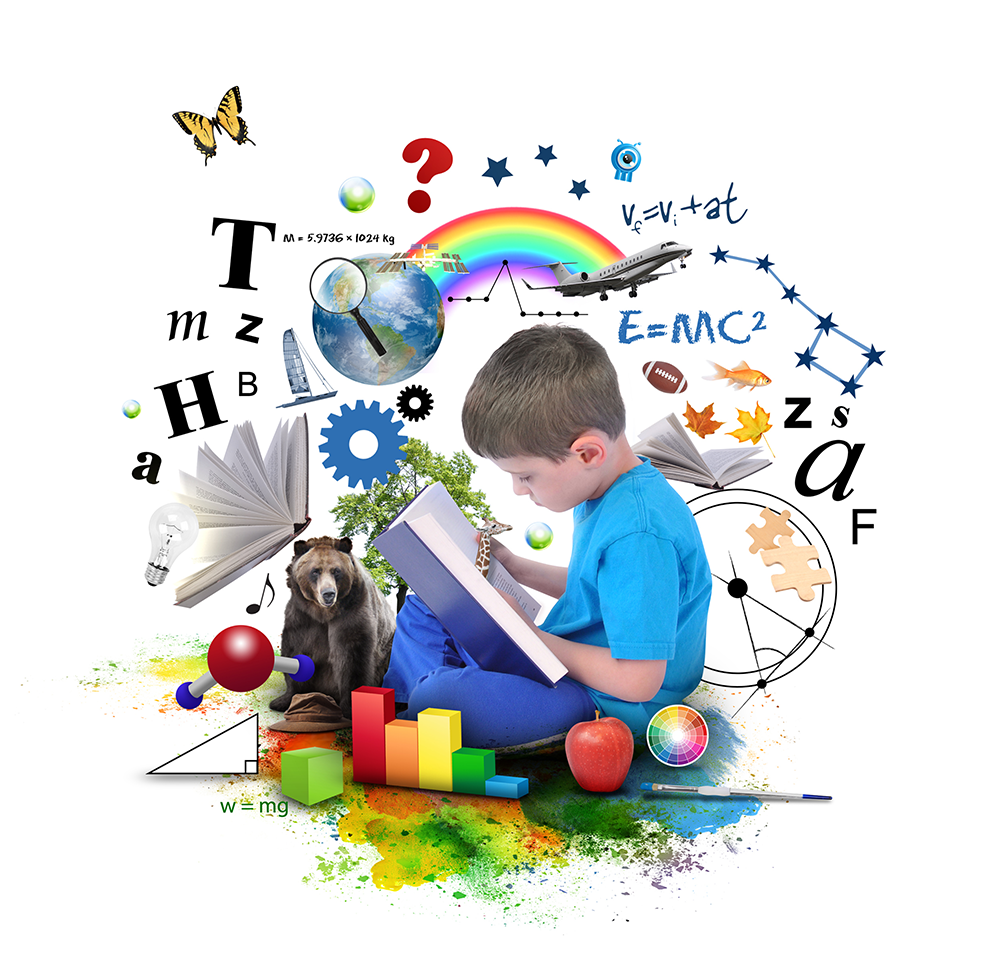Without the demands of the national / regional curriculum, what would you say is the most important thing you would teach your students about your subject?

Without the demands of the national / regional curriculum, what would you
say is the most important thing you would teach your students about your
subject?
Pre-school or Children's education is a magical time in which all learning
is new and fascinating for them. In addition, the intelligence of children in
early childhood is practical and direct, so it requires the teacher to provide
a lot of motivation and enthusiasm so that the children's learning is as
positive and durable as possible.
The school is based on a curriculum to teach but this should only be a
guide to make sure that all the knowledge required in children is applied
without forgetting that there is another type of educational learning that we
must also apply, such as learning that encompasses the transversal curriculum,
that is, education in values, emotional education, education for peace,
education for health, etc. Sometimes we forget this type of education and it is
probably the most important because it is about learning for life.
If the national curriculum did not exist, I personally would start in
childhood to do activities that were life-long learning, that is, I would do
useful daily activities, like pretending to go shopping, or visiting another
country, or going to the zoo, or they are drivers and must know the traffic
signs, etc. It is true that, nowadays, in some schools they are already
applying this type of learning but unfortunately most of them follow programmed
books in which they simply teach pure concepts and it is not as fun as learning
things that you can experience from reality. Why paint two apples if they can
go to the store and take two? Learning by discovery is much more lasting and
instantaneous.
We must let our students learn, experiment and investigate from reality,
only then their learning will be lasting and exciting.
How would you evaluate their learning?
One of the most important parts of teachers' work is to evaluate students
to verify their improvement. But I can not forget the importance of evaluating
the teaching practice to improve it and update their habits.
Regarding the evaluation of students. The way to evaluate will be global,
continuous and formative. I will make a series of records, class journals and
rubrics where I will analyze the progress of the students. For this I will
perform an initial evaluation to have a prior knowledge of the students, a
continuous assessment to assess the teaching-learning process and a final
evaluation to know the degree of achievement obtained.
Regarding the evaluation of teaching practice. For this, as a teacher I
will fill in a rubric so that it is recorded and kept as the activity has gone
and to make sure of the inconveniences and to make better ones. The rubric will
have affirmations such as:
- The organization of the classroom has been adequate.
- All resources have been used well.
- The objectives and contents have been well adapted.
- The activities have been well adapted to all the students.
- The group's atmosphere has been pleasant and orderly.
- The coordination in the rest of the professors that take part in the group has been constant and fluid.
- Communication with parents has been effective.
- The adaptation of the evaluation activities, procedures and instruments have been adequate to extract the expected information.
- The organization of time has been adapted to reality.
According to Piaget:
"When you teach something to a child, you take away the opportunity to
discover it for yourself".
Comentarios
Publicar un comentario